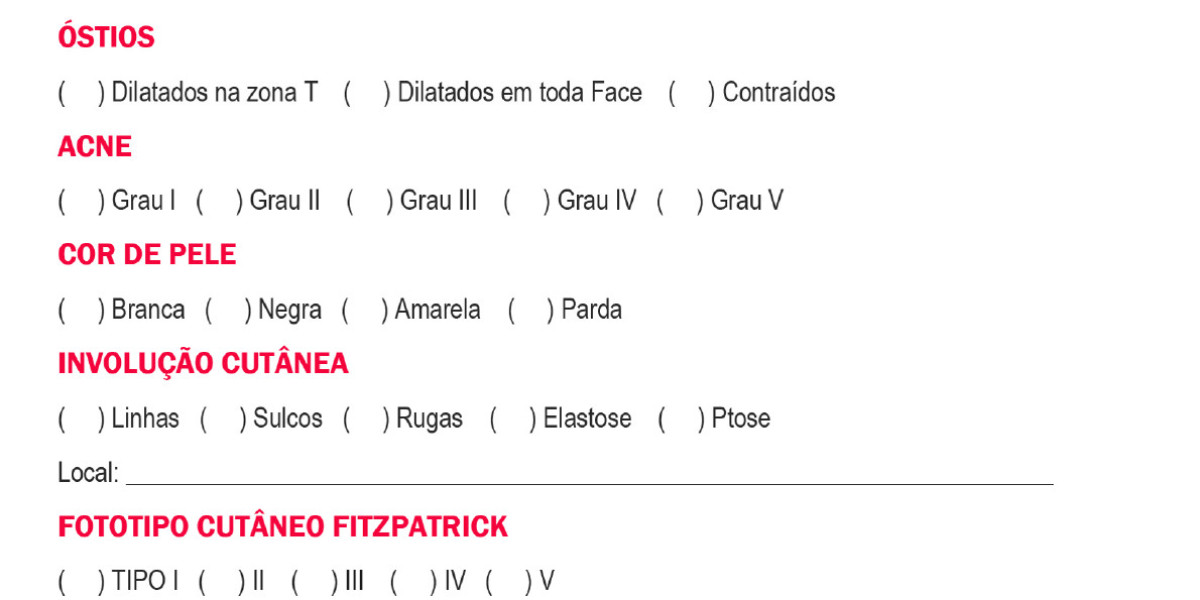El enfrentamiento aparece porque ni estas situaciones son aquellas (por el momento no nos encontramos en nuestra primera niñez), ni este sistema es el que nos vio crecer. Pero nosotros proseguimos mirando a los que mandan en la empresa para ver que hay que realizar para sentirme ratificada, reconocida, querida como cuando tenía 5 añQuais Os Tipos De AvaliaçãO Corporal? y miraba a mis padres y mis hermanos. Asimismo es recurrente sentir que esa cultura empresarial donde nos intentamos sumergir para no sentirnos distintas y separados en cierta forma de la organización, de manera frecuente no casa con nuestra forma de ser. Si no le has puesto consciencia antes a todos esos automatismos inconscientes el conflicto en mayor o menor medida, regresa a aparecer. Ten en cuenta si eres jefa o jefe, que tú eres el modelo a proseguir y que es esencial que des ejemplo de coherencia de la misma forma que lo haces con tus hijos. El otro filtro que nos divide de la realidad que habitamos la empresa es el cultural.
This is explained with each memory-encoding elements similar to attention as well as reminiscence consolidation. On the contrary, similar to previous studies with the EmpaToM [5] our participants constantly carried out higher in ToM questions than factual questions.
Study 3: Results
Empathy, another necessary facet of emotional intelligence, can significantly affect our ability to manage anger. As participants are requested concerning the movies instantly after watching them, our discovering of an altered emotionality effect on accuracy would possibly indicate that state anger alters the attentional bias for emotional data. It is necessary to focus on that this interaction was only significant in Study 2 but exhibited the same pattern in Study three. When we domesticate empathy, we develop a deeper understanding of others' perspectives and feelings. Anger Management therapy in London can provide steering and support in developing empathy as a valuable skill in managing anger.
How to Increase Your Compassion Bandwidth
Participants completed measures of empathy, teacher-student relationships, student behaviors, and self-discipline approaches with the more challenging college students. Data accessibility
Participants across these EmpaToM studies had been better at answering questions about emotional videos, which fits with reminiscence analysis displaying that emotional content is best remembered than neutral content [64]. It’s evidenced when your finest friend shares the pain of a latest loss, and also you instinctively sense his suffering. Individuals with psychopathy have long been reported to indicate deficient empathy [45]. Such empathy may transfer you not only to sense his pain but to need to assist him as well. Similarly, we weren't capable of finding a basic decline in performance when solely looking at ToM questions. This might help us navigate conflicts and anger-inducing situations more effectively, as we're higher in a place to see the state of affairs from totally different angles. Additionally, this angle results in recognizing the impression of previous and current wounds on present habits. For example, in response to a friend’s dangerous information, do you feel empathy, sympathy, or compassion? It moves us toward practicing empathy and mindfulness to search for a backstory, the distinctive historical past that may lead people to experience pain–and to behave the ways they do in response to it. The terms are utilized in comparable contexts, however they discuss with completely different behaviors.
People who're very empathic usually have a tendency to be focused by manipulative individuals. The three terms – empathy, sympathy, and compassion – are sometimes confused with each other, as a result of they are typically used when referring to somebody else’s emotions. It has been instructed that this deficient empathy displays a decreased responsiveness to the misery cues of different individuals [24,46].
Viewing anger on this manner forces us to probe deeper, to more totally perceive the supply of anger, in others and in ourselves. Empathy can easily lead to an illusion of sameness and intolerance of variations. For this purpose, it could be very important create healthy boundaries in all relationships, and to be cognizant of relationships with "energy vampires," who are draining to empaths and non-empaths alike. Emotional empathy entails the flexibility to sense other people’s emotions. For example, anger usually stems from distorted pondering similar to personalizing, catastrophizing, and all-or-nothing thinking–that influences our knee-jerk appraisal of an individual. It is worried with thought, understanding, and mind and should happen within the absence of emotional empathy. It’s the unfavorable consequence of repeated exposure to annoying or traumatic occasions. It refers to figuring out what another feels and what they may be pondering. A lot of people with mental health issues are in loops they can’t escape.
Doing so offers higher emotional and cognitive flexibility when responding to our anger. Cognitive empathy encompasses the flexibility to think about what someone else could be considering or feeling.







